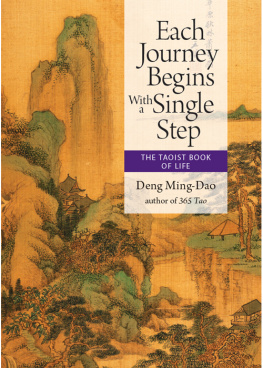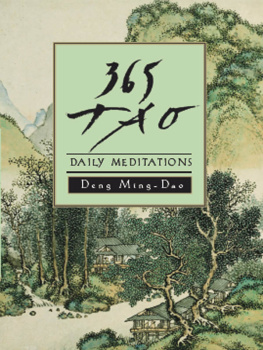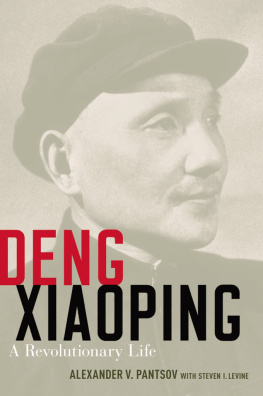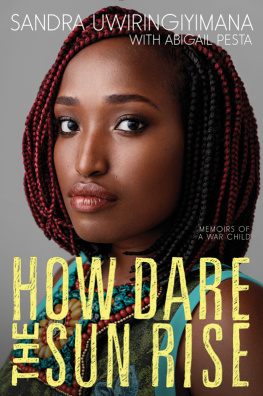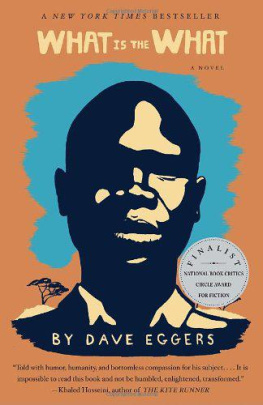Contents
Guide
Pagebreaks of the print version

The author and publisher have provided this e-book to you for your personal use only. You may not make this e-book publicly available in any way. Copyright infringement is against the law. If you believe the copy of this e-book you are reading infringes on the authors copyright, please notify the publisher at: us.macmillanusa.com/piracy.
For my sons, Deng, Kuek, and Mayom. Being a mother to you amazing boys is the greatest gift in my life. Thank you for giving me the courage and strength to share my story with the world, and most importantly, to share my story with you. I love you unconditionally. Achut Deng
To those who see reflections of themselves in Achuts story. You are not alone. Keely Hutton
Some names have been changed, but the events portrayed in Dont Look Back are Achut Dengs memories to the best of her knowledge. The conflict depicted in this memoir is known as the Second Sudanese Civil War. In 1983, civil war sparked in Sudan when the military regime of the Government of Sudan (GOS) imposed laws mandating that all citizens adopt Arab culture, identity, and language. The controversial laws were viewed as a calculated move by the government in the north to control, through Arabization and cultural assimilation, southern Sudan, an area comprised mainly of Christians, while also securing access to the souths natural resources. Angered by the political ruling and fearing religious persecution, the Sudan Peoples Liberation Movement (SPLM) and its military wing, the Sudan Peoples Liberation Army (SPLA), were formed in southern Sudan. Support for the SPLM/SPLA spread throughout the region, with men and boys, most of whom were cattle herders knows as pastoralists, being recruited from the sixty-four ethnic groups in southern Sudan. The SPLA soldiers fought side by side against the GOS Army for eight years, but over time, tensions grew between SPLA leader Dr. John Garang from southern Sudans largest ethnic group, the Dinka, and other SPLM/SPLA leaders, including Riek Machar from southern Sudans second-largest ethnic community, the Nuer. Disagreements over the goals of the SPLM caused the group to fracture in 1991, creating two factions of the SPLA, one led by Garang, and one led by Machar. Fighting intensified following the split, resulting in bloody massacres of civilian populations. Although deadly conflicts continue in South Sudan today, the Second Sudanese Civil War officially ended on January 9, 2005, when the GOS and SPLA signed the Comprehensive Peace Agreement (CPA). The CPA provided the people of South Sudan the option to vote in favor of secession if unity between the north and south was not made an attractive option for them. Six years after the signing of the CPA, the people of South Sudan voted in favor of secession in the January 2011 referendum, and on July 9, 2011, they became the independent state of South Sudan.
The twenty-two-year civil war displaced an estimated four million people and caused the deaths of an estimated two million men, women, and children. The conflict forced over twenty thousand children from their families and villages in southern Sudan. The children walked over a thousand miles, through dangerous war zones and across unforgiving deserts, seeking sanctuary at refugee camps in the neighboring countries of Ethiopia and Kenya. Relief workers nicknamed them the Lost Boys, after the group of orphaned boys who banded together in Neverland to create a family and take care of one another in J. M. Barries Peter Pan. Despite assistance from the Kenyan government, the International Rescue Committee (IRC), and the United Nations High Commissioner for Refugees (UNHCR), the camps struggled to provide basic necessities, such as food, water, shelter, and health care, for the surging number of people in their care. Many refugees, including Achut Deng, walked to Kakuma Refugee Camp in northwestern Kenya. Over the next decade, the number of refugees in Kakuma swelled, making it the worlds largest refugee camp. With their homeland still gripped in war and more refugees arriving daily, conditions grew more dire for the children in Kakuma.
When the international community learned of the tragic exodus and continued suffering of the war-affected youth of southern Sudan, they demanded help for those trapped in refugee camps like Kakuma. In late 2000, a relocation program was established to help the Lost Boys in Kakuma start new lives in countries around the world. Of the four thousand Sudanese children relocated to the United States between the years 2000 and 2001, less than a hundred of them were girls. Achut was one of the girls brought to the United States with the Lost Boys of Sudan.
Twenty years later, in March 2020, Achut was interviewed by Caitlin Dickerson, who was working as an immigration journalist at the New York Times. Caitlin was writing an article on COVID-19s impact on employees at the Smithfield pork factory in Sioux Falls, South Dakota. Achut worked at the factory and shared her experiences with Caitlin. The article was read by millions, and Achuts interview touched the hearts of many readers, including staff at Macmillan Publishers. With Caitlins help, editor Joy Peskin contacted Achut to discuss the idea of telling her story to the world.
Achut is a natural storyteller, but she wanted to be paired with a seasoned author to help tell her story, so in October 2020, Achut interviewed several writers and journalists for the collaboration. After careful consideration, she chose author Keely Hutton to partner with her as a cowriter on the project. Due to the COVID-19 pandemic and lockdown, Achut and Keely were unable to meet in person over the next ten months, but thanks to Zoom and cell phones, they spent hundreds of hours discussing Achuts life and her hopes for her memoir. The conversations took time and care. Achut had never shared her story with anyone before speaking with Keely. For many years, her physical and emotional survival depended upon Achut focusing on moving forward, but she realized to tell her story, she would have to look back and face her past. While Achut revisited memories of her childhood in Sudan and Kakuma and her adolescence in the United States, Keely researched Sudan, the Second Sudanese Civil War, the Lost Boys, Kakuma Refugee Camp, and the refugee relocation program by reading books and articles on the subjects and studying videos and photographs depicting the people, places, and events. And when Achut was ready to share her memories, thoughts, and feelings, Keely listened.
Dont Look Back depicts the life of Achut Deng, one of thousands of children whose lives were irrevocably changed by the Second Sudanese Civil War. Although many of the experiences Achut shares in her memoir may be similar to those of other Lost Boys and Girls of Sudan, her memories and story are uniquely her own. In Achuts journey, we hope readers find the strength to persevere when facing obstacles in their own lives and the confidence to remember, despite where life takes them, to never forget who they are.
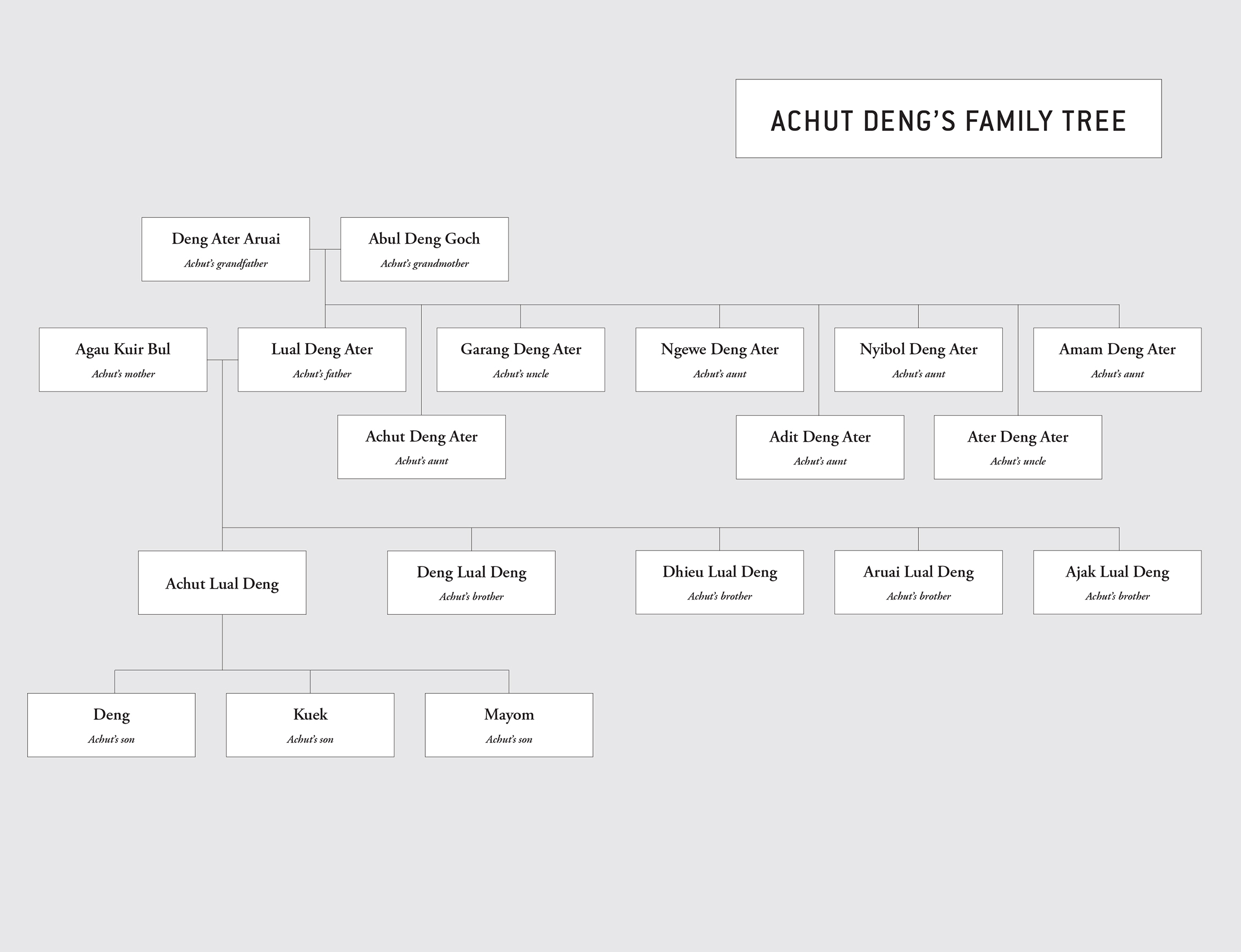
Houston, TexasMarch 2001
They said Id be safe here. They lied.
As I hid in the back corner of my bedroom closet, my breath seized at the sound of approaching voices outside our apartment building. They scrambled over one another, pushing and shoving, wrestling for control of the conversation and straining to be heard over the raucous peals of laughter punctuating their dialogue. As they drew closer, the voices charged through the open window of the second-floor bedroom, where I hid, throwing themselves against the worn plywood of my closet door. I considered sneaking out of my sanctuary to peek through the window to see who was coming and assess any potential danger they might pose, but my muscles refused to budge. So I remained in my corner of the closet, paralyzed in fear of the unknown, as well as the known.


